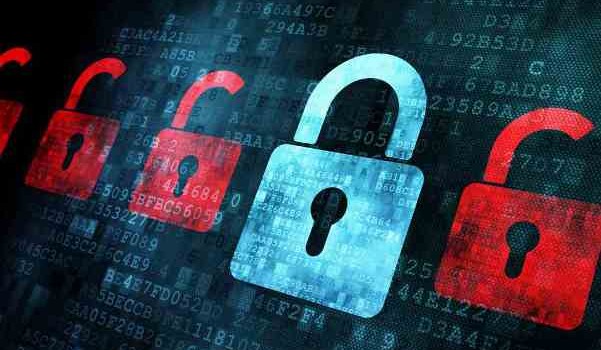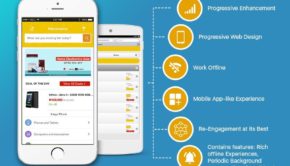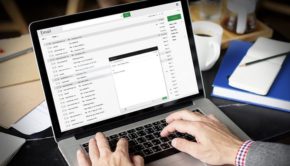The Use Of Free Internet Security To Decrease Breaches
There are several top security programs available use on a home computer, smartphone, tablet or even throughout a home network. There are even a handful of companies offering free systems for home computers, which provides a very easy way for anyone to protect his or her computer from hackers, security breaches and malware.
The reason that these top software security companies are willing to provide free security software is because of the belief that by protecting everyone, the internet is a safer place for all. By limiting access to network-connected machines by hackers, there is much less risk of all types of security issues for companies and businesses as well as for other individuals.
When all computers are using the right type of cybersecurity software, even if it is free internet security, there is a drop in the overall cyber security risk. There is no malware downloaded through malicious websites that lurk on the system, ready to use the resources of the computer for denial of service attacks or other types of damaging and often unknown activities by the computer owner.
Why it Matters
If you are not currently using at least an antivirus and malware protection program, you may be at risk when entering information online for purchases, doing your banking or even when sending emails to your attorney, doctor, family, and friends.
Most people will use their computers, smartphones, tablets and laptops as well as a desktop, if you are still using one, to buy a wide variety of things online. As a consumer, you may be very familiar with looking up to the address bar to search for the iconic padlock that signal the website is using an SSL certificate to encrypt your data before sending it through to the server. This encrypted data is safe when being transmitted as it is encrypted by one key and can only be decrypted by the paired private key.
But, many people don’t realize how firewall works in that malware and viruses can be placed on your computer to intercept, record and store or transmit that data before it even goes out on the internet.
This type of cyber security risk is often not considered by the average person as a threat. The lack of consideration is often due to the fact people don’t realize how easy it is to install malware or viruses on a computer or device.
Keep in mind, once the malware of virus is on your computer or on your device you may never realize it is there. It will run in the background, typically running without impacting your system but just harvesting and transmitting all your passwords, account information and other sensitive information.
In some cases, the virus or malware may block some of your programs, crash the system or even steal your data and hold it for ransom. You may notice the computer runs slower or that there is unusually slow to load programs or strange program behavior.
The Answer is in Proactive Cyber Security
A key factor for people using the internet on home computers and personal devices is to develop a sense of information security awareness. Most of the top companies providing free internet security will also have blogs, media releases and general information that is a quick, non-technical read to stay on top of the latest in security risks.
These cyber security resources will compliment the free internet security programs offered. Not all open systems are as efficient or comprehensive as others, so it is important to review the different programs and choose one that offers the features that are going to encompass the current and emerging cyber threats.
At the very least, look for programs that will scan for spyware on the system and also have an active and proactive antivirus program. The system should also include a firewall, which is an effective way to block malware and malicious sites from ever being able to be accessed by your device.
Look also for a sandbox feature. The feature is an excellent additional service that treats all unknown files as potentially harmful when first accessed. The file opens in a secure container or a secure vault that is not accessible to the rest of the operating system. The isolation allows the security software to test and analyze the new program, allowing it access if safe or providing a warning and blocking it if it is malicious. Make sure the program uses the same type of security system for online shopping, literally putting the browser in a secure container while you shop, preventing your actions from being tracked, recorded or monitored for complete security.
The key to all effective cyber security systems is that they offer a range of different security measures and not just one or two. The more comprehensive the free internet security program is, the more protection it provides. Most of these programs also offer the option to upgrade to a more advanced system if required, which is an additional component to consider if you need to use your device for your business or the transmittal or access of critical data.
Author Bio:
Ashraf is a Technical Blog Writer from Comodo. He writes about information security, focusing on web security, operating system security and endpoint protection systems.















